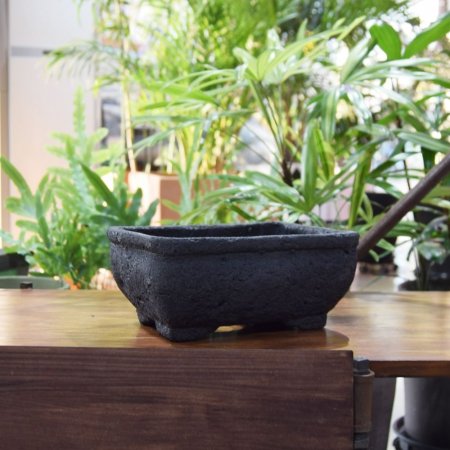Escalation In Kosovo: Large Conflict Brewing In Center Of Europe
To view this video please enable JavaScript, and consider upgrading to a web browser that supports HTML5 video
DEAR FRIENDS. IF YOU LIKE THIS TYPE OF CONTENT, SUPPORT SOUTHFRONT WORK :
MONERO (XMR): 86yfEHs6pkoDEKCxc6MAnQX8cVHmzhYxMVrNuwKgNmqpWK8dDxjgGnK8PtUNJMACbn6xEGxmRauNTHJhUJpg9Mwz8htBBND
BITCOIN (BTC): bc1qgu58lfszcpqu6fd8l98m378wgzugyg9y93lcym
BITCOIN CASH (BCH): qr28d80s5juzv2793k5jrq59xrl5fxd8qg9h3zlkk2
PAYPAL, WESTERN UNION etc: write to info@southfront.org , southfront90@list.ru
If you face any problems sending funds to the addresses given above, please contact us: info@southfront.org and southfront@list.ru. Also be aware that many email services such as Hotmail, Yahoo etc. may block correspondence from info@southfront.org and some others put it in spam.
If you want to support SouthFront but have no opportunity to do it via cryptocurrency, please contact us: info@southfront.org and southfront@list.ru.
The escalation between the local authorities and the Serbs has been going on for several days in the north of Kosovo. On the evening of May 29, over 90 people were injured in street clashes.
The reason for the unrest is the elections of the heads of the municipalities of North Kosovska-Mitrovica, Zvecan, Zubin-Potok and Leposavich. In November last year, the mayors of settlements resigned in protest against the decision of the Kosovo authorities to replace Serbian license plates with national ones.
Elections of new mayors were held on April 23. However, Serbian voters boycotted them. As a result, only about 3% of voters took part in the election. Due to the lack of Serbian voter turnout, representatives of the Albanian community became mayors in all four municipalities.
The Serbs inhabiting these northern cities of the region came out to protest, not allowing the new mayors to enter the administrative buildings.
The protests, which escalated into clashes with the Kosovo police, began on Friday.
On May 29, soldiers of the North Atlantic Alliance mission KFOR were deployed around municipal buildings in three northern settlements, as well as on the bridge over the Ibar River in the town of Severna Mitrovica. In Zvecan, Leposavich and Zubin Potok, they created security zones around the buildings.
KFOR peacekeepers in the region used tear gas, rubber bullets and stun grenades against the unarmed protesters. Footage from Zvenchan confirm that the Serbs began to resist the Kosovo security forces and KFOR fighters only after the latter used stun grenades. Also, a Kosovo special forces officer opened fire on the unarmed crowd.
In total, 52 civilians were wounded during the day.
Kosovo’s Western allies officially condemned Pristina’s actions, but no action was taken to deescalate the situation. The US and the EU recognized the elections with a meager voter turnout.
In his turn, Serbian President Aleksandar Vucic ordered the army to advance to the border with Kosovo.
Addressing the nation, he said that the Kosovo authorities have been trying to provoke a bloody conflict between Belgrade and NATO for several months; while KFOR peacekeepers do not protect civilians, but rather protect the “fake” mayors.
Vucic stressed that Serbia will not allow persecution, pogroms or murders in Kosovo. On the morning of May 30, he held meetings with representatives of the United States, Great Britain, Germany, France and Italy to once again urge them to calm Pristina. A meeting with the ambassadors of Russia and China was also reportedly scheduled on the same day.
Russia remains the main ally of Belgrade. The Russian Foreign Minister has warned that a large conflict is brewing in the center of Europe; where, in 1999, NATO carried out aggression against Yugoslavia in violation of international agreements. The situation is alarming, but the West has set a course for total subordination of everyone who somehow expresses their own opinion.
The post Escalation In Kosovo: Large Conflict Brewing In Center Of Europe appeared first on South Front.






























